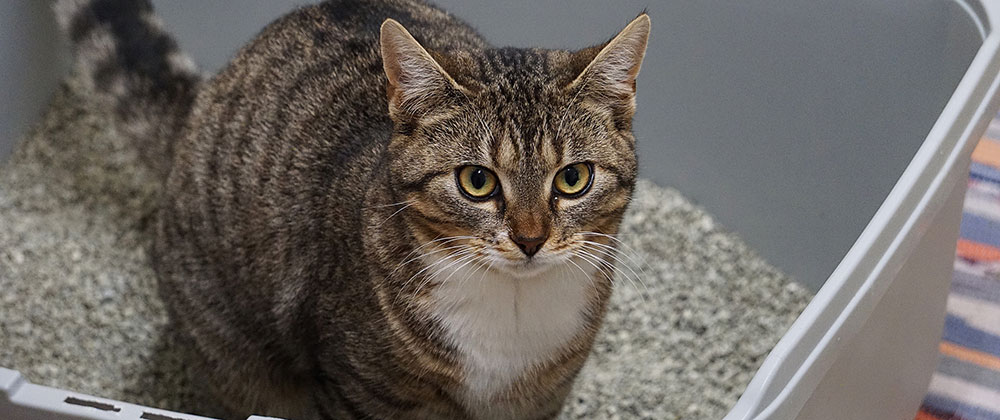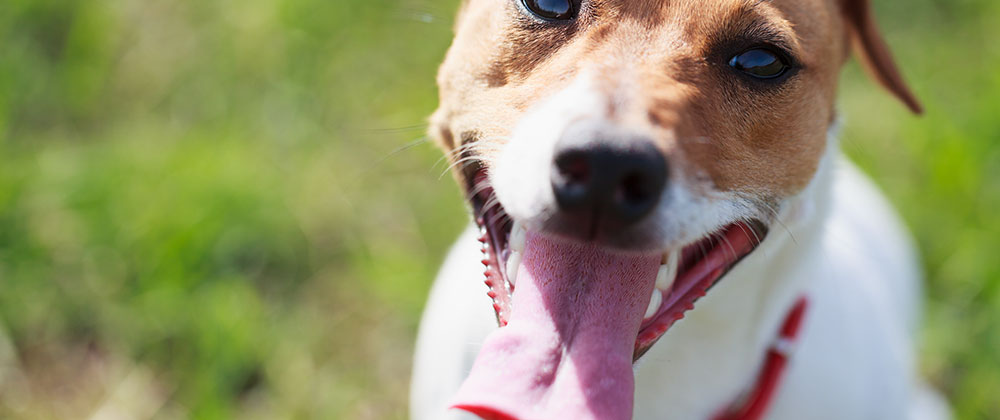My Cat Wont Pee – What to Do?
If you’ve noticed signs that your pet is having trouble urinating, you might not know what to do. It can be hard for pet owners when their cats are in pain. Obstructions and blockages can cause waste to build up in your cat’s system, which can be both toxic and pain-inducing. If you find yourself saying “my cat wont pee,” here is some information about blockages in cats and how they are treated from Fort Lauderdale animal hospital Family Pet Medical Center.
If your cat isn’t urinating, you need to watch for the following signs of urinary obstruction:
- Urinating only very small amounts
- Urine mixed with blood
- Frequent visits to the litterbox without success
- Urinating outside of the litterbox
- Pain when urinating
- Vomiting
- Appetite loss
At the first signs that your cat has a urinary obstruction, you need to take it to a veterinarian immediately. Obstructions of the urethra can be life-threatening for cats. Male cats have a higher risk of blockages than females because males have longer, narrower urethras. The most common reason why a cat might develop an obstruction is a urethral plug.
Your cat’s diet can be responsible for the development of obstructions, and those that have suffered obstructions in the past are likelier to get them again.
Urine Crystals
Minerals in your cat’s urine can form crystals when they bind together. These crystals can look like small particles of sand. Urine crystals can increase the risk that your cat will develop kidney stones or a urinary tract infection. These crystals can be comprised of struvite or calcium oxalate. In male cats, the formation of urine crystals can completely block the urethra and prevent them from urinating. The urine can then accumulate inside the cat’s body and poison it.
Crystals can also form cysteine stones that are larger than the other types and be more painful. These types of cysteine stones also tend to recur. A cat with a urinary blockage can die within one to two days if it doesn’t receive treatment. Some stones might require surgery for removal.
Causes of Urinary Blockages in Cats
When cats form urine crystals, they can typically pass small ones in their urine. This won’t hurt your cat’s health. However, when large crystals form, they can become stuck and form blockages. The following causes can result in the formation of crystals:
- Elevated levels of minerals in the urine
- Dehydration
- Urine that is too alkaline or acidic
- Urinary tract infection
- As a side effect of medications such as tetracycline, sulfa drugs, and cortisone
- Poor diet
- Stress
Certain breeds, including Siamese, Persians, and Himalayans have a higher risk of developing obstructions.
Many cat owners don’t realize their pets are suffering from urinary obstructions until they become very ill. If you see any signs that your cat is having trouble urinating, you should call Fort Lauderdale animal hospital Family Pet Medical Center immediately.
Treatment
If your cat has a urinary tract obstruction, the veterinarian might insert a catheter to eliminate the obstruction, and allow your cat to empty its bladder. They might also deliver intravenous fluids to correct dehydration and deliver sedatives or anesthetics.
To let the urethra heal, the catheter will need to remain in place for a few days. In many cases, cats will need to stay in the hospital during that time. Once your cat begins urinating normally again, you will be able to bring it home with some pain medication and antibiotics. Your veterinarian might also prescribe a special diet for your cat to protect its urinary health. A special diet can help to prevent the formation of crystals in your cat’s urethra. If your cat continues to form stones even though you feed it a special diet, your veterinarian might have to perform surgery to fix the problem.
Get Help from Fort Lauderdale Animal Hospital Family Pet Medical Center
If your cat appears to be having difficulty urinating, it’s important to talk to your veterinarian immediately. If your cat doesn’t receive prompt treatment for a urinary obstruction, it could die. Contact the professional and qualified staff at Fort Lauderdale animal hospital Family Pet Medical Center to get help for your cat by calling (954) 737-1400.




